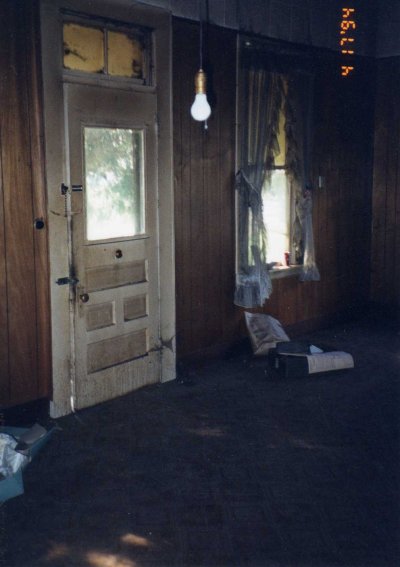For those that are under 10% of NW in a house you either (a) live in a very low cost area or (b) you have one helluva NW. On the coasts, near big cities, "nice" homes are at least $700,000 and more like $900,000 to $1,000,000 at a minimum, which translates to $7 to $10 million Net Worth.
Last I computed our house is about 7 – 8% of net worth and I’m in So. Ca. You don’t have to spend 700 – 900K for a home to get to this level, just buy for 300K and wait 15 years as I did. So there is a (c) buy low and wait.


